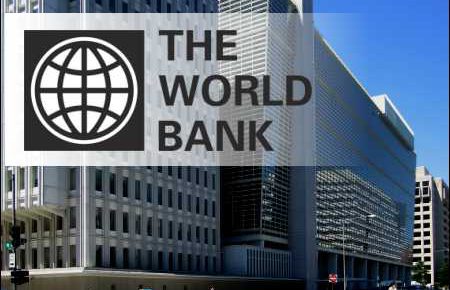The Industry Consumer Advisory Forum (ICAF), an initiative of the Nigerian Communications Commission, (NCC) to promote interactions among stakeholders in the nation’s telecom’s sector, has expressed its concern about the increasingly worrisome incidents of electronic fraud (e-fraud) as digital adoption continues to gain traction in the country.
The Forum advised that organizations should join forces to tackle the menace to improve customers’ confidence in the rapidly evolving digital space with promising beneficial prospect for all in order to avoid the damaging impact on businesses, individuals and the nation’s economy,.
Speaking at the Q2, 2023 of Industry Advisory Consumer Forum, with the theme ‘Combating E-Fraud on Telecom Platform: Building Consumer Confidence in the Digital Economy’ the Chairman of the Forum, Mazi Akpa Emeka, explained that digital adoption was particularly impactful during the COVID-19 pandemic, accelerating the shift to digital and multichannel client service that started in the 2010s.
He noted that pandemic-driven boost to e-commerce was estimated to have exceeded $200 billion in 2020 and 2021, adding, however, that the increased digital adoption has enabled new forms of fraudulent activity and amplified the importance of effective fraud management for promoting growth and meeting customers’ increasing expectations for digital experiences.
The ICAF leader said: “Many organizations report that they are being overwhelmed by the sheer volume of fraud attempts. In financial services, for example, many banks are so inundated by fraudsters that they cannot meet online origination targets; they are unable to verify identities and authenticate customers while combating fraud.
“Advances in technology present challenges as fraud attacks occur with greater frequency, speed, and effectiveness. Commonly used methods include phishing (Phishing occurs when a hacker pose as a trusted figure who uses carefully created emails to trick you into visiting a malicious website, downloading a corrupt file or handing over your password before using that information to gain access to a business network or your personal information), destructive malware, social engineering, deep fakes, and fraud-as-a-service exploit kits”, Emeka added.
According to the techno expert, digitization usually increases the risk of fraud, and real-time disbursements are set to double within the year and beyond as economic hardship gets tougher and that risk rises further when unsuspecting customers inadvertently share their authentication details with fraudsters targeting their devices and accounts.
The ICAF leader said that the Forum was organized to propose a new approach on combatting e-fraud on the telecommunication platforms and ways of building consumer confidence in the digital economy
Pursuant to the NCA 2003, the NCC in furtherance of its consumer-centric initiatives to ensure fair treatment and acceptable quality of experience for consumers of ICT products and services, established the Industry Consumer Advisory Forum (ICAF).




